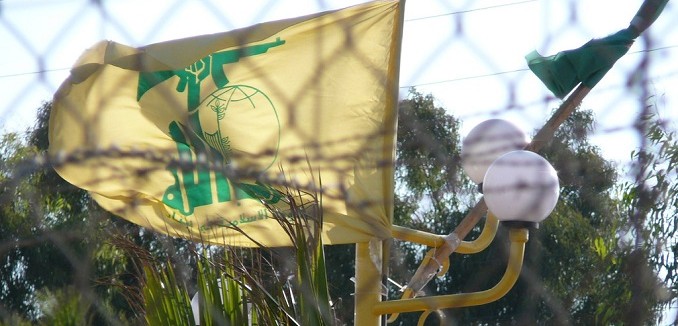Hezbollah’s global branding has for decades rested on the core claim that it is a Lebanese organization defending Lebanese interests. The group and its Iranian sponsors sought to characterize Hezbollah as engaging in what they termed “resistance” against Israel, rather than as being a global terror organization operating at the behest of Tehran.
The claim – which was well-received and echoed in certain corners of the Western foreign policy establishment – has become increasingly difficult to justify. Hezbollah’s involvement in the Syrian conflict, widely viewed as done at the behest of Iran, has generated blowback into Lebanon and shattered the group’s image.
Beyond the region, recent months have seen country after country line up to accuse Hezbollah of committing terrorism inside their borders. Bulgaria, Cyprus, Nigeria and Thailand are only the most well-known. Analysts and diplomats have converged on the view that Hezbollah has developed a “global footprint.”
A new book by Matthew Levitt, senior fellow and director of the Stein Program on Counterterrorism and Intelligence at the Washington Institute, outlines just how broad that footprint has become. The book questions, according to a Wall Street Journal review by Michael Totten, how anyone could have ever believed that Hezbollah was in fact just another Lebanese organization:
Despite this record, Hezbollah (the “Party of God” in Arabic) is still viewed in some quarters as little more than a parochial Lebanese political party with an armed wing charged solely with resisting an Israeli occupation that ended 13 years ago, on May 25, 2000. It’s this myth that Matthew Levitt explodes in “Hezbollah: The Global Footprint of Lebanon’s Party of God.” The author, a fellow at the Washington Institute for Near East Policy and a former FBI counterterrorism analyst, narrates the full history of the organization in absorbing detail with an emphasis on its 30-year history of terrorism… the [Iranian] regime created Hezbollah as the overseas branch of its own Islamic Revolutionary Guard Corps—the tip of an Iranian imperial spear.
Hezbollah’s Iranian sponsors have been implicated in terror plots planned for American soil, including unsuccessful attacks on its soil by Hezbollah. However Iran was behind an abortive attempt to bomb New York’s JFK airport and a plot to assassinate Saudi Arabia’s ambassador to the U.S. in Washington. Levitt’s book documents how those efforts include potential Hezbollah infiltration of the southwestern United States, where officials “are reporting a rise in imprisoned gang members with Farsi tattoos.”
As for another long-standing claim made on behalf of Hezbollah – that the group can be separated into political and military wings – not even Hezbollah officials will go so far. The European Union has drawn such a distinction, but it’s not one recognized by the group itself. Hezbollah’s Ammar Musawi actually lashed out at the suggestion after meeting an E.U. envoy, declaring that Hezbollah had a single leadership and that every military man was a politician and vice versa. He followed up the statements the next day by pointedly threatening E.U. interests in Lebanon.
[Photo: Anton Nossik / Flickr]




